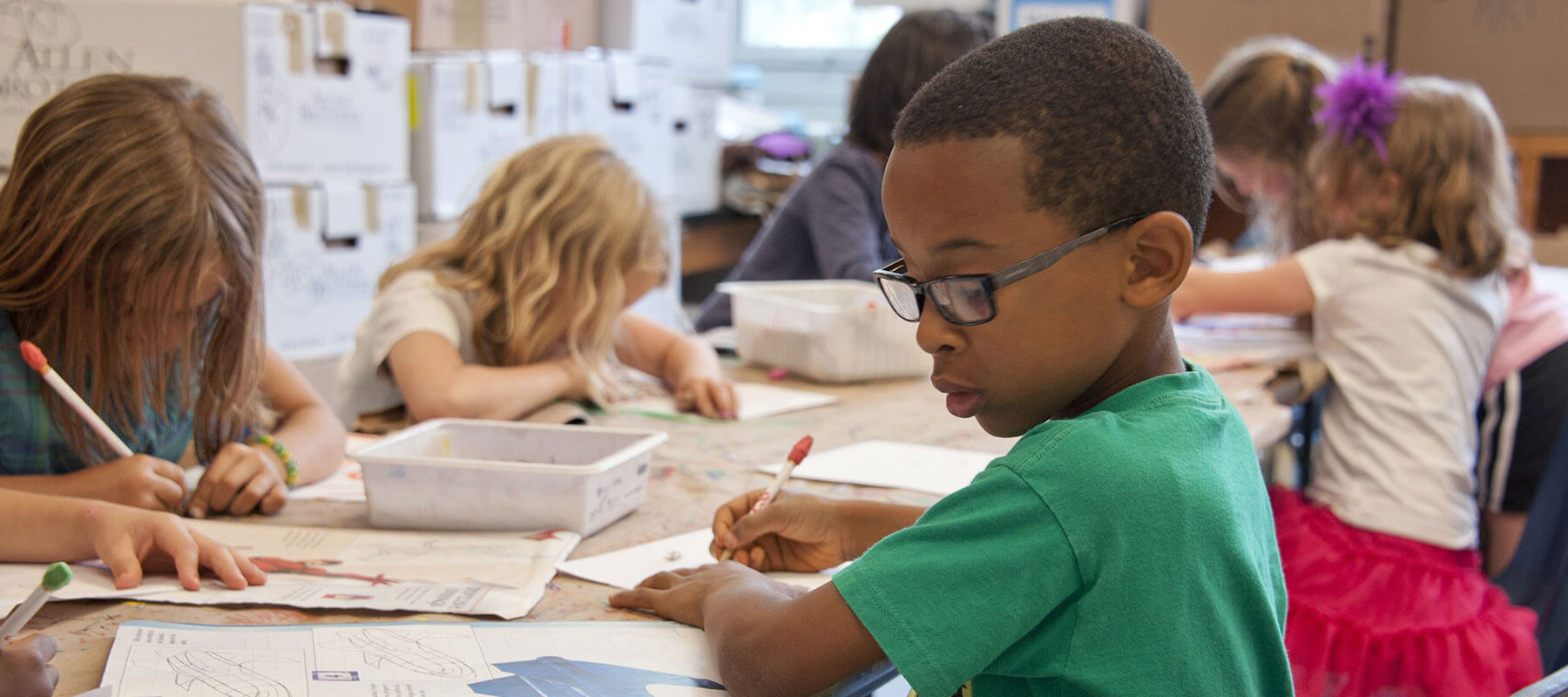

A frustrated preschooler prepares to throw a bucket of toys but instead takes an intentional breath and tells themself, “I have the power to make wise choices.” A middle school student feeling resentful toward their single-parent puts on headphones and follows a 10-minute breathing practice as a way to become grounded. A class of high school students feeling anger, confusion, and resentment over racial incidents in their community prepares for a class discussion by first practicing mindfulness together. This is mindfulness in action, calming the lower order limbic system in order for the brain’s executive center or prefrontal cortex (PFC) to sort through the challenge and focus on possible solutions.
With continued daily practice students strengthen critical brain networks associated with learning and bolster their skills to face trauma and adversity with compassion, resilience, and creativity. Chronic stress creates a biological chain reaction that blocks brain development and immune function, leads to mental and physical health disorders, and ultimately limits potential. But it is possible through MBSEL to stop and reverse the detrimental effects of chronic stress.


As viewed through Inner Explorer’s MBSEL Core Competencies, mindfulness creates the circumstance in which meaningful interpersonal development can take hold for schools, families, and communities as --
From these core competencies, MBSEL extends to the whole school community to --
Together, these attributes form the core awareness necessary to address biases and break down barriers to create inclusive communities that actively promote social, economic, and educational equity and racial justice. From individual to whole-class instruction, mindfulness establishes foundational support across academics, SEL, mental health services, behavioral supports, and restorative practices.
To learn even more, visit the MBSEL page on our website.